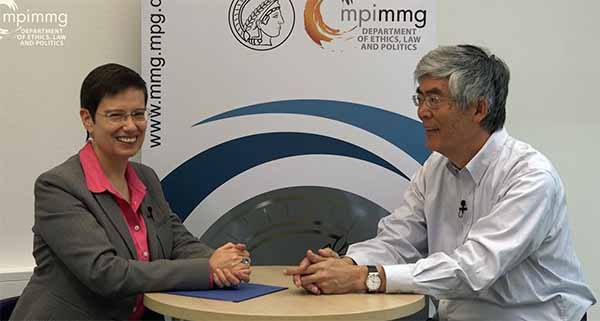As one of the world’s oldest democracies goes to the polls, Max Planck Law experts are researching issues connected to the American election, to democratic processes, and the rise of populism in democratic systems.
Impacts
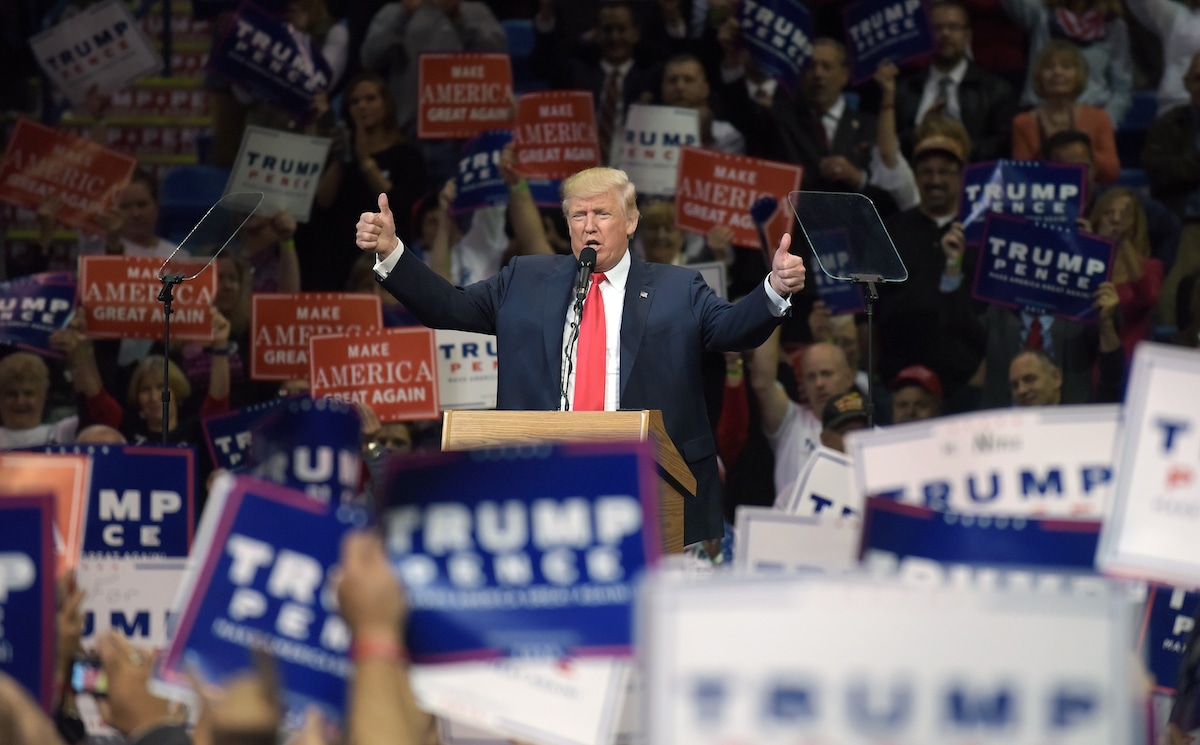
05MIN
President Trump and Christianity in American Life and Politics
At the height of the racial justice protests that swarmed and shook American cities after George Floyd’s murder this summer, President Trump deployed American armed forces to clear a path through protestors in Washington to orchestrate the now-infamous photo of him holding a Bible aloft in front of the St. John’s Church across the street from the White House.
Professor Ralf Michaels (Director) responded to that symbolic moment with a Facebook post, provocatively declaring that the ‘Reichstag is burning.’ Professor Michaels explained this claim—and the deeper political and legal implications of the moment—in an illuminating Verfassungsblog podcast interview (in German).
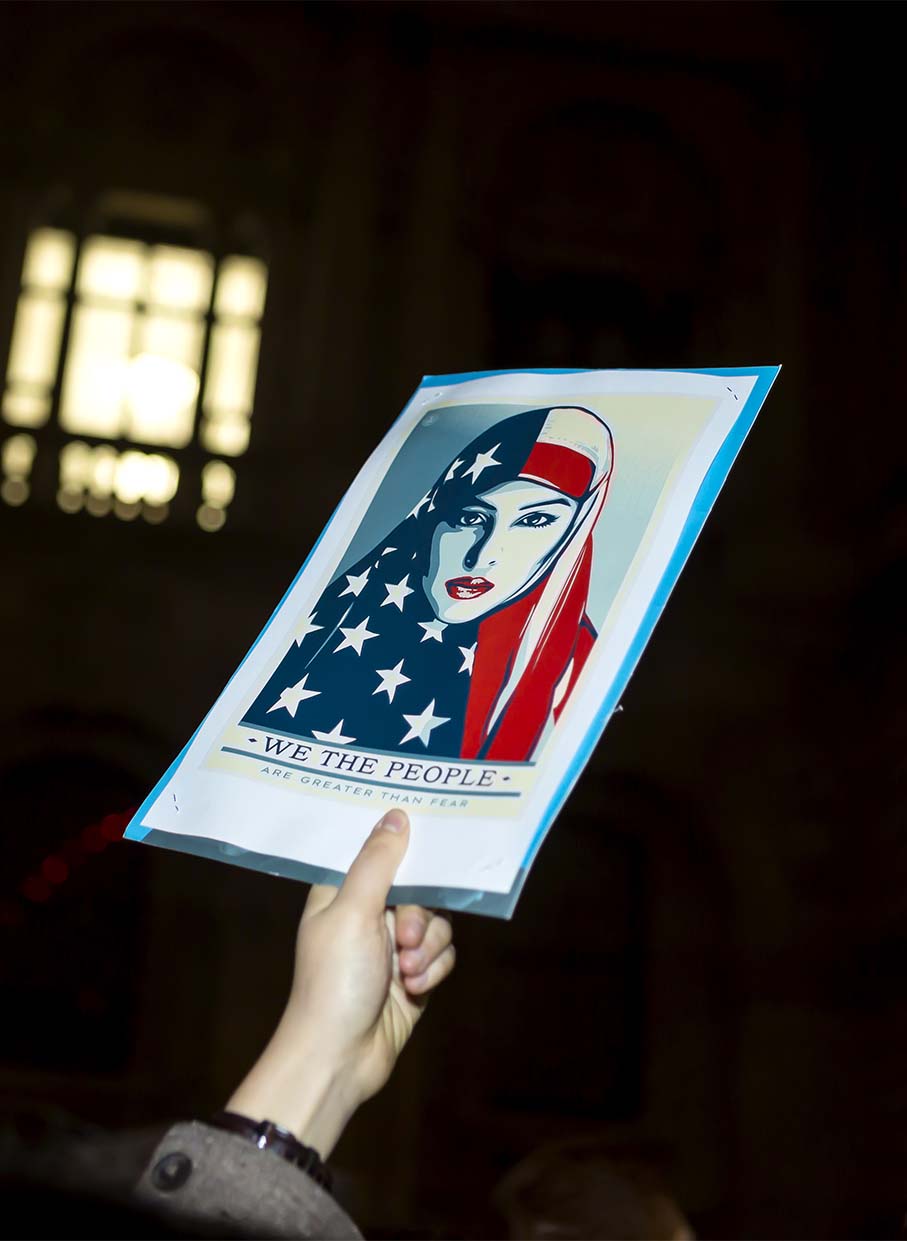
__________
But even before that scene on Washington’s Lafayette Square this summer, the American polity has been uniquely and profoundly shaped by Christianity. That meaning of that complicated tradition, as it intersects with the Trump Presidency, was the subject of Philip Gorski’s 2019 lecture “Goodbye Tocqueville? Christianity and Democracy in Trump’s America” at the Max Planck Institute for the Study of Religious and Ethnic Diversity. Gorski, a celebrated Yale sociologist, is a leading expert on the role of the Christian faith in American life and politics. He recently published the book American Covenant: A History of Civil Religion from the Puritans to the Present (Princeton University Press 2017). You can view an interview with Professor Gorski about these issues online.
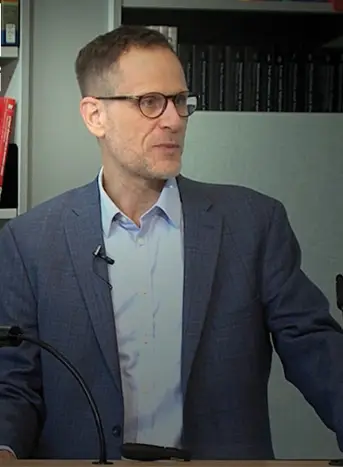
Migration, Borders, Citizenship and Elections
Donald Trump exploited concern in the American public about immigration and cultural change for his political advantage. Long before declaring his plans to run for the Presidency in 2016, Trump was a prominent, conspiratorial skeptic of Barak Obama’s American citizenship and of Obama’s eligibility to serve as President. Trump’s promise to restrict immigration was a centerpiece of his 2016 campaign. One of his first actions following his assumption of the Presidency was to issue a Presidential Proclamation ‘banning’ all entries into the U.S. from a number of Muslim-majority countries. The policy was challenged in court and led to a landmark Supreme Court decision in 2018 in which a sharply divided Court upheld a significantly revised version of the Proclamation.
__________
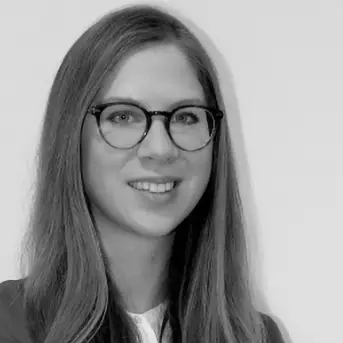
Building on her PhD research comparing German and American ‘family reunification’ immigration policy, Desirée C. Schmitt (Research Fellow), commented (in German) on the Supreme Court’s decision in the Legal Tribune Online. Schmitt explained that the Court’s majority ruled that the President had not exceeded his constitutional powers when issuing the Proclamation and that the ban on entry did not violate the US constitution’s protection for religious freedom.
Professor Ayelet Shachar’s team at the Max Planck Institute for the Study of Religious and Ethnic Diversity is intensively involved in research on the ‘boundaries of membership—”who belongs” and according to what criteria’. This has included attention to the shifting immigration policy landscape in the United States. In January the Institute hosted an online lecture from Prof. Hiroshi Motomura of the UCLA Law School on the ‘The Current State of Immigration Law and Policy in the United States’. Professor Motomura is a leading scholar and teacher of immigration and citizenship issues. Among his influential works are two award-winning books: Americans in Waiting (Oxford 2006) and Immigration Outside the Law (Oxford 2014). You can watch a video of Professor Motomura’s Göttingen lecture above. Below you can watch Professor Shachar’s interview with Prof. Motomura.
The Göttingen Institute’s exploration of the growing significance of migration in law and policy also included a pair of partnered workshops co-hosted by the Max Planck Institute for the Study of Religious and Ethnic Diversity, the Free University of Berlin, the New School, and Harvard University. The workshops were held in Berlin (summer 2017) and Cambridge, Massachusetts (spring 2018) under the title ‘Migration, Citizenship, and Democracy: Contemporary Ethical Challenges’. This series of workshops aimed to ‘rethink the concepts of democracy and citizenship, the changes to the empirical and normative landscape brought about by global migration, and the ethical dilemmas that these changes entail’.
